Discover the Women of the Hall
These are the Inductees of the National Women’s Hall of Fame. Select any of the women to discover their stories and learn how they have influenced other women and this country.
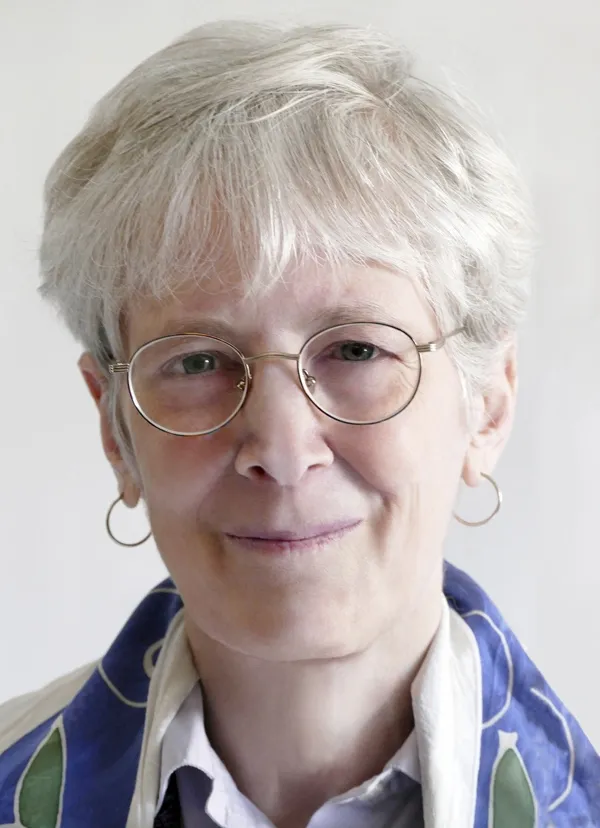 Judith Plaskow
Education, Humanities
1947
New York
2024
Judith Plaskow
Education, Humanities
1947
New York
2024

Judith Plaskow
In the realm of feminist theology, one of the names that stands out as a pioneering force is Dr. Judith Plaskow. An author and activist, Paskow is a visionary thinker whose intellectual contributions have shaped discourse and enriched our understanding of spirituality, gender, and equality.
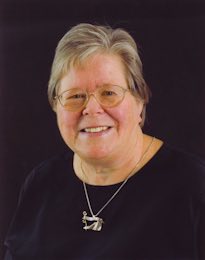 Judith L. Pipher
Education, Science
1940
Canada
2007
Judith L. Pipher
Education, Science
1940
Canada
2007

Judith L. Pipher
The first female to pursue infrared and submillimieter astronomy into ultra sensitive light detection of celestial bodies, Dr. Judith Pipher is a highly regarded infrared astronomer. As a professor with the University of Rochester for 31 years, she founded a group of observational infrared astronomers who took the first telescopic infrared pictures of starburst galaxies. Dr. Pipher was also instrumental in designing aspects of the NASA Spitzer Space Telescope, launched in 2003.
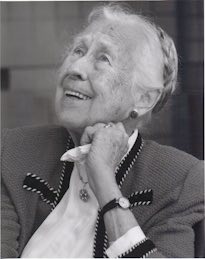 Esther Peterson
Humanities
1906
Utah
1993
Esther Peterson
Humanities
1906
Utah
1993

Esther Peterson
Catalyst for change in the labor, women’s and consumer movements. The driving force behind President Kennedy’s creation of the first Presidential Commission on Women in 1962, Peterson headed the Women’s Bureau in the Department of Labor. She also served Presidents Johnson and Carter, and served at the United Nations under President Clinton.
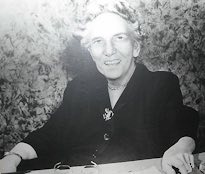 Rebecca Talbot Perkins
Humanities
1866
New York
2009
Rebecca Talbot Perkins
Humanities
1866
New York
2009

Rebecca Talbot Perkins
In 1927, a time when very few agencies existed to promote adoption, Rebecca Talbot Perkins joined with the Alliance of Women’s Clubs of Brooklyn to create The Rebecca Talbot Perkins Adoption Society. Later known as Talbot Perkins Children’s Services, the organization provided foster care and adoption services to countless families across the country for 75 years. Throughout her lifetime, Perkins was active in various charitable and civic causes as a member of the Brooklyn Women’s Suffrage Society, chair of the Alliance of Women’s Clubs of Brooklyn, Vice President of the Memorial Hospital for Women and Children, and a director of the Welcome Home for Girls.
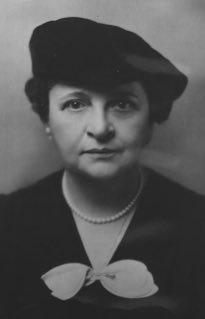 Frances Perkins
Government
1880
Massachusetts
1982
Frances Perkins
Government
1880
Massachusetts
1982

Frances Perkins
Public official and first woman to hold a Presidential Cabinet office and first woman Secretary of Labor. Appointed by President Roosevelt in 1932, she served for all of his terms, 1933-1945.
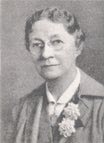 Mary Engle Pennington
Science
1872
Tennessee
2002
Mary Engle Pennington
Science
1872
Tennessee
2002

Mary Engle Pennington
Chemist and refrigeration expert Mary Engle Pennington saved thousands of lives by creating national standards for milk and dairy inspection and improved the safety and convenience of refrigerated and frozen foods. She was also instrumental in developing safe and sanitary methods for the storage and handling of poultry, fish, and eggs, contributing techniques that solved humidity control problems, insulation and ventilation issues.
 Nancy Pelosi
Government
1940
Maryland
2013
Nancy Pelosi
Government
1940
Maryland
2013

Nancy Pelosi
For twenty-five years, Nancy Pelosi has broken ground for women in politics. As the representative from California’s 12th district, Pelosi has focused her political career on strengthening America’s middle class and creating jobs, reforming the political system to create clean campaigns and fair elections, enacting comprehensive immigration reform, and ensuring safety in America’s communities, neighborhoods and schools. In 2002, Pelosi became the first woman to lead a major political party in the United States as the Democratic Leader of the U.S. House of Representatives, and from 2007-2011, she served as the first female Speaker of the U.S. House of Representatives. Pelosi has spearheaded the passage of historic legislation, including the Affordable Care Act, the Student Aid and Fiscal Responsibility Act, the Lilly Ledbetter Fair Pay Act, and more.
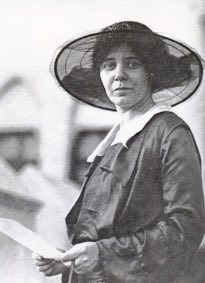 Alice Paul
Humanities
1885
1979
Alice Paul
Humanities
1885
1979

Alice Paul
Social reformer. Reared a Quaker, Paul found most of the women’s suffrage movement too slow and passive. After earning a Ph.D. from the University of Pennsylvania in 1912, she campaigned aggressively for women’s suffrage, using picketing and demonstrations to draw attention to the issue. Paul founded the women’s party, which demanded passage of the Equal Rights Amendment.
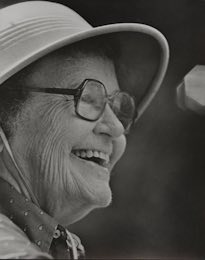 Ruth Patrick
Science
1907
Kansas
2009
Ruth Patrick
Science
1907
Kansas
2009

Ruth Patrick
A pioneer in the field of limnology – the scientific study of the life and phenomena of fresh water, especially lakes and ponds – Ruth Patrick provided methods needed to monitor water pollution and understand its effects. Patrick is credited, along with Rachel Carson, as being largely responsible for ushering in the current worldwide concerns with ecology. She was the first female elected chair of the board of the Academy of Natural Sciences and received the National Medal of Science in 1996.
 Rosa Parks
Humanities
1913
Alabama
1993
Rosa Parks
Humanities
1913
Alabama
1993

Rosa Parks
Known as “the mother of the Civil Rights Movement,” when, in 1955, she refused to give up her seat on a public bus to a white man in Montgomery, Alabama. The event sparked the Montgomery bus boycott, the first major effort in the Civil Rights struggle.
